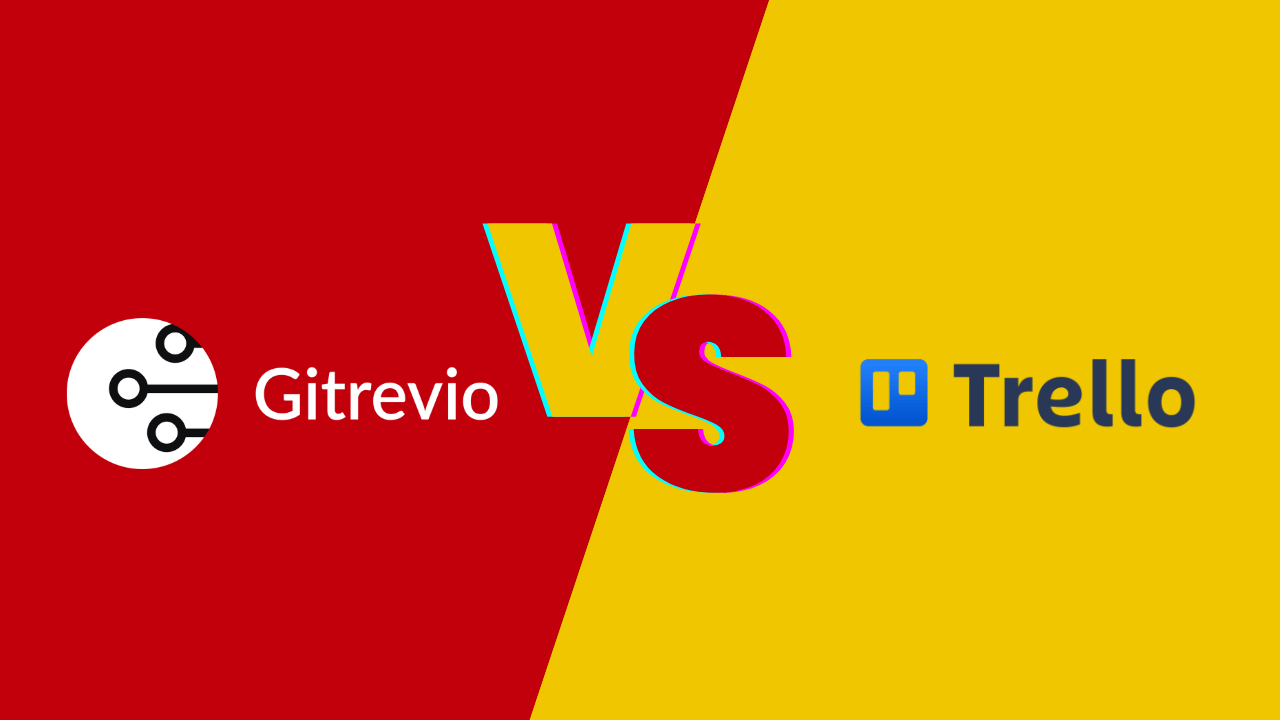Share article
Get our latest updates
Gitrevio vs. Trello: Which Tool Is Right for Your Team?

Senuri Hettihamu
Author

Managing software projects effectively is crucial for delivering high-quality products on time. Two popular tools that help teams manage their projects are Gitrevio and Trello. Both tools have unique features, but they serve different purposes. In this blog, we’ll compare Gitrevio and Trello to help you decide which tool is best for your team.
Overview of Gitrevio
Gitrevio is designed specifically for software development teams. It integrates with platforms like GitHub and GitLab, pulling data from commits, pull requests (PRs), issues, and CI/CD runs. Gitrevio provides powerful data visualization and AI-driven insights to help teams understand their progress and improve their workflows.
Overview of Trello
Trello is a versatile project management tool that uses a board and card system to help teams organize tasks. It’s simple and flexible, making it suitable for various types of projects, not just software development. Trello’s key strengths are its ease of use, visual task management, and adaptability.
Purpose and Focus
- Gitrevio:
Gitrevio is purpose-built for software development teams, offering specialized tools that deeply integrate with GitHub and GitLab. It focuses on enhancing workflows through advanced data visualization and AI-driven insights, specifically designed to optimize the development process. - Trello:
In contrast, Trello caters to a broader audience beyond software development, utilizing a board and card system for organizing tasks across different types of projects. Its strength lies in simplicity and flexibility, allowing teams to easily customize it to fit their specific needs and workflows.
If your team’s primary focus is software development and you require detailed insights and seamless integration with GitHub or GitLab, Gitrevio provides the specialized features necessary to enhance productivity and collaboration.
Integration and Data Sources
- Gitrevio:
Gitrevio specializes in integrating deeply with GitHub and GitLab, allowing software development teams to gather detailed data from commits, pull requests, issues, and CI/CD runs. This integration enables Gitrevio to provide comprehensive insights into all aspects of software development activities, helping teams identify bottlenecks and optimize their workflows effectively. - Trello:
In contrast, Trello offers a wide array of integrations with various tools such as Slack, Google Drive, and Jira. These integrations, supported by Trello’s Power-Ups feature, add functionalities like calendar views and automation, helping with different project management needs across different teams and projects.
But, for software development teams that prioritize detailed data insights directly from GitHub or GitLab to streamline their development processes, Gitrevio’s specialized integrations make it an ideal choice.
Visualization and Insights
- Gitrevio:
Gitrevio excels in providing sophisticated data visualizations and AI-driven insights tailored specifically for software development teams. Its advanced visualizations offer detailed views of project progress and performance metrics, helping teams to visualize data trends and identify potential issues promptly. Utilizing AI, Gitrevio generates actionable insights that aid in making informed, data-driven decisions, enhancing overall workflow efficiency. - Trello:
In contrast, Trello makes use of a straightforward board, lists, and card system for visual task management. While it offers simplicity and ease of use for organizing tasks across different projects, Trello’s visualization capabilities can be extended through Power-Ups, such as Gantt charts and timelines, providing additional visual tools for project tracking and planning.
Collaboration and Workflow Management
- Gitrevio:
Gitrevio stands out for software development teams seeking robust collaboration and optimized workflow management. It integrates built-in tools for communication and coordination, allowing smooth collaboration among team members. By identifying workflow bottlenecks and suggesting improvements, Gitrevio promotes efficiency and continuous enhancement within software development processes. It emphasizes accountability, ensuring that team members are aware of their responsibilities and contributions to project success. - Trello:
On the other hand, Trello excels in centralizing task management and facilitates collaboration through features like comments, checklists, and due dates, making it easy for teams to coordinate efforts and manage project tasks effectively.
Why would Gitrevio be a good fit for you?
Gitrevio would be an excellent fit for Team Leads, IT Managers, CTOs, and Agile teams who prioritize advanced data visualizations and AI-driven insights tailored specifically for software development. By deeply integrating with GitHub and GitLab, Gitrevio enables these teams to gather detailed data from commits, pull requests, and CI/CD runs, providing comprehensive insights into project progress and performance metrics. It promotes collaboration through built-in tools for communication and coordination, identifies workflow bottlenecks, and suggests improvements, ensuring optimized workflows and continuous enhancement within software development processes. For teams seeking efficiency, accountability, and enhanced productivity in their software projects, Gitrevio offers specialized features that are indispensable in driving success.
Conclusion
In conclusion, while both Gitrevio and Trello offer powerful capabilities, they cater to distinct requirements. Gitrevio might stand out as the superior choice for software development teams seeking in-depth data visualizations and AI-driven analytics directly integrated with GitHub and GitLab. While Trello excels as a versatile and user-friendly project management tool adaptable to a wide range of project types, offering simplicity and flexibility, Gitrevio’s ability to optimize workflows and provide detailed insights makes it indispensable for teams focused on efficiency and advanced project management. Ultimately, selecting between these tools comes down to understanding your team’s specific needs: Gitrevio for robust software development support and comprehensive analytics, or Trello for straightforward project management across diverse projects.

